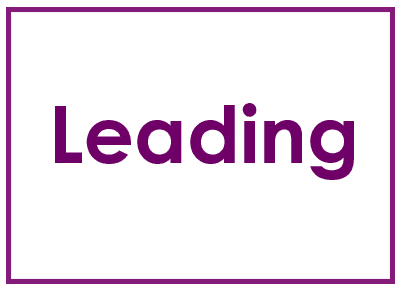
In many ways it is harder to raise attainment at KS3 than at KS4 and not just because of non-specialist teaching or lack of curriculum time. Often it is difficult to know exactly how well we are doing and if we are doing as well as we should. Unlike at Key Stage 4, where we have a reasonable amount of robust GCSE results data, at Key Stage 3 it is more difficult to measure progress. Not only do we have no reliable fixed end point, we also have little solid baseline data. So much, then, depends on teachers’ subjective judgement. So it is much better to develop our own approaches to monitoring progress and raising attainment than waiting for further guidance. Crucial to our success will be: setting high expectations; having a secure grasp of progression; developing an effective way of diagnosing pupils’ strengths and weaknesses; and then using assessment information





